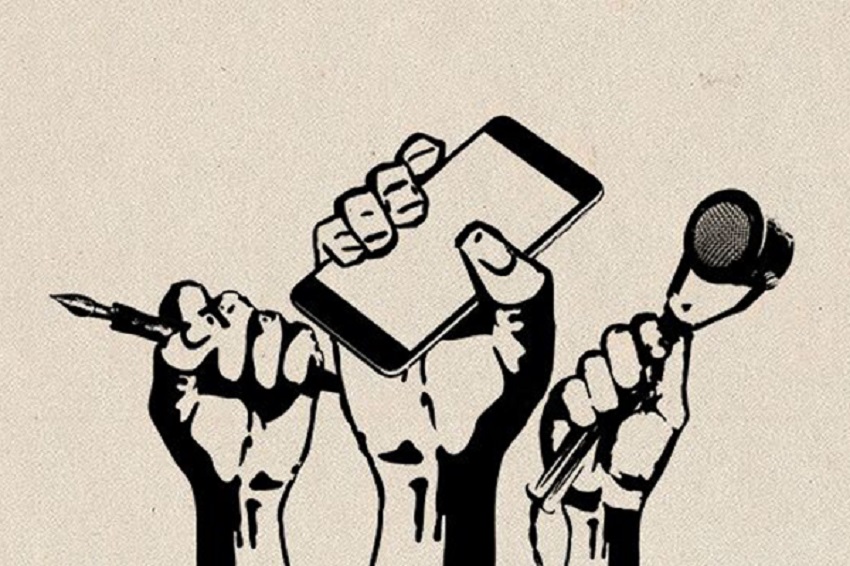Is WhatsApp-ing Still Safe?
Can you hear the death knell echo over the world of online privacy? It’s making way for a new dawn – the rise of data burglars…
Online businesses have revolutionized product marketing with personalized advertisements, and the golden apple in this market is data. Companies use cookies and what not to get their hands on your browsing history, spending frequency, likes and dislikes. One such organization is Facebook Inc.
Facebook incorporated intends to extract data from its child company, Whatsapp. According to the new privacy policy announced on July 20, 2020, Whatsapp will share personalized metadata retrieved from businesses that you interact with to Facebook, this data has everything but the ‘content’ of the messages, chat frequency, location and financial information to help Facebook target users with advertisements for businesses associated with its network. Sharing data with a business increases the chances of your personal information being exposed to third-party clients and hackers but also provides online shopaholic victims with personalised shopping recommendations, enhancing the shopping experience. The problem with new policy boils down to the fact that the users can not choose. The users have no choice but to accept the terms and conditions allowing their data to be shared if they wish to continue using Whatsapp, except the users residing in Europe.
The European Union has strict data protection laws. The General Data Protection Regulation is the core of Europe’s digital privacy legislation with a maximum fine of €20 million (₹176 crore) or 4% of annual global turnover, whichever is greater. Whatsapp either lost its confidence watching those bills or holds its European users dear to have their data safe and sound, that the privacy policy did not require users in European Region to agree to the sharing of data with Facebook in order to continue using the service.
“The General Data Protection Regulation (GDPR) in Europe is a stringent and robust law protecting privacy and data of its people, unlike India where the Personal Data Protection bill is yet to be enacted into a law” said Dr. Karnika Seth, Cyber law expert and Founding Partner at Seth Associates. The closest India has gotten to form a Data protection law was in 2000, with the Information Technology act. Fast forward to 2019, the Government introduced the Personal Privacy Protection Bill in the parliament which hasn’t seen the light of day and seems to be stuck in Parliamentary procedure and formalities. Present provisions, (namely section 43A and 72A of IT Act) apply only to a limited scope of sensitive personal data with maximum data breach fine of ₹5 Lakhs (€5600). India does not even have a digital privacy legislation to begin with. The government should boost up law enforcements on privacy protection and lay out more penalties, adapting to the data driven world.
Furthermore, the policy also allows businesses to use third-party service providers to store, read and manage your messages and media, thus the messages/media you send to a business will be accessible to a lot of people inside and outside the company. If you as a user, do not wish to chat with any Whatsapp business account, you always have the option to block them on the app right away. Some websites might ask if you want to get important information updates on Whatsapp. You can choose to say no to that option.
As of now, Whatsapp is not being very considerate and appears to be treating its users with an “all or nothing approach”. Whatsapp did introduce end-to-end encryption implementation in messaging applications but new applications with similar interface and better security policies are now widely available in the market. Whatsapp should reconsider the policy or give customers a choice on allowing data sharing to facebook. Otherwise, capitalizing on Whatsapp’s audience for data might do more harm than good to Facebook.




Comments